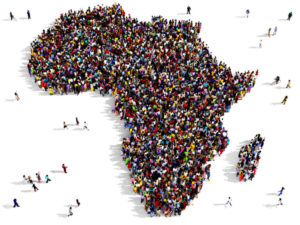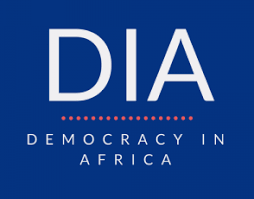 Across Africa, recent years have been marked by both encouraging democratic highs and troubling anti-democratic lows. Notable advances from last year include the Gambia’s successful presidential election, a ruling-party transition in Zambia and the first democratic transfer of power in Niger. In the lead up to this, add Malawi’s retake of its flawed presidential election in 2020 and an earlier succession of oustings of long-serving autocrats in Sudan, Zimbabwe and the Gambia, say analysts Joseph Asunka, E Gyimah-Boadi, and Carolyn Logan.
Across Africa, recent years have been marked by both encouraging democratic highs and troubling anti-democratic lows. Notable advances from last year include the Gambia’s successful presidential election, a ruling-party transition in Zambia and the first democratic transfer of power in Niger. In the lead up to this, add Malawi’s retake of its flawed presidential election in 2020 and an earlier succession of oustings of long-serving autocrats in Sudan, Zimbabwe and the Gambia, say analysts Joseph Asunka, E Gyimah-Boadi, and Carolyn Logan.
Contrast these gains, though, with setbacks elsewhere, including increasing restrictions on opposition parties in Benin, Senegal and Tanzania; the use of violence and intimidation during elections in Côte d’Ivoire and Uganda; and military coups, with the latest in Burkina Faso this year and last year in Chad, Mali, Sudan and Guinea. These contradictory developments join dire warnings from experts that democracy is losing ground on the continent. But what can we learn about the state of democracy on the continent from Africans themselves?
 After interviewing nearly 50,000 citizens across 34 countries during Afrobarometer Round 8, which spans 2019-2021, we find that despite the efforts of some leaders to undermine democratic norms, Africans remain committed to democracy and democratic institutions, they write for Chatham House, the London-based foreign policy think-tank:
After interviewing nearly 50,000 citizens across 34 countries during Afrobarometer Round 8, which spans 2019-2021, we find that despite the efforts of some leaders to undermine democratic norms, Africans remain committed to democracy and democratic institutions, they write for Chatham House, the London-based foreign policy think-tank:
They believe that the military should stay out of politics, that political parties should freely compete for power, that elections are an imperfect but essential tool for choosing their leaders, and that it is time for the old men who cling to power to step aside.
But their political reality falls short of these expectations. The perception of widespread and worsening corruption is particularly corrosive, leaving people increasingly dissatisfied with political systems that are yet to deliver on their aspirations to live in societies that are democratically and accountably governed. And although citizens find myriad ways to voice their concerns, they feel that their governments are not listening.
Simply put, Africans want more democratic and accountable governance than they think they are getting, the analysts suggest. RTWT
 The growing influence of autocratic powers is unlikely to nurture democratic governance.
The growing influence of autocratic powers is unlikely to nurture democratic governance.
In his article, “Why Russia is on a Charm Offensive in Africa,” Joseph Siegle, Director of Research in the National Defense University’s Africa Center for Strategic Studies, assesses Russian Foreign Minister Sergey Lavrov’s recent trip to Africa, underscoring the growing importance of Africa to Russia and the short-term political motivations of certain African leaders enabling the relationship.







